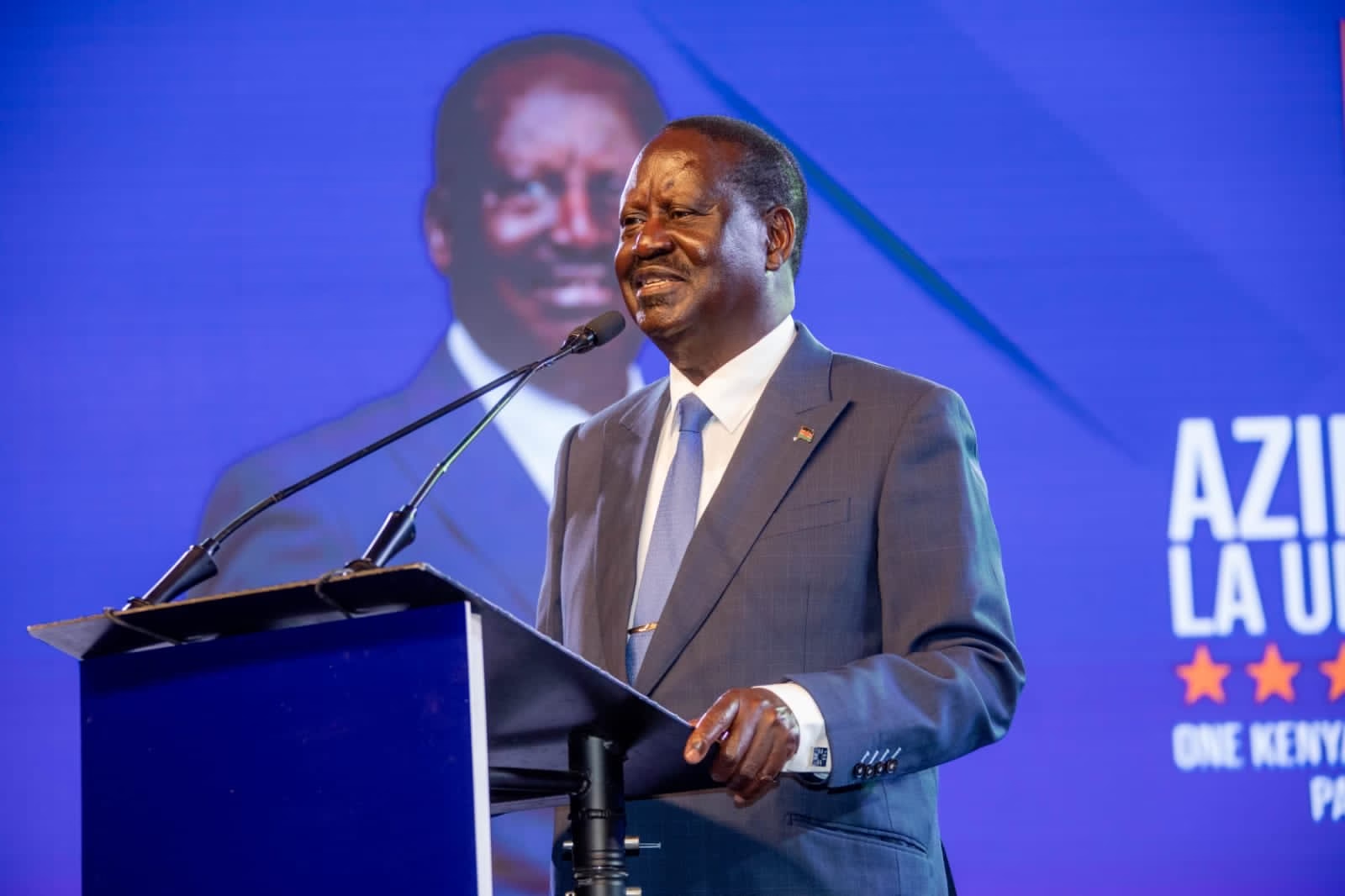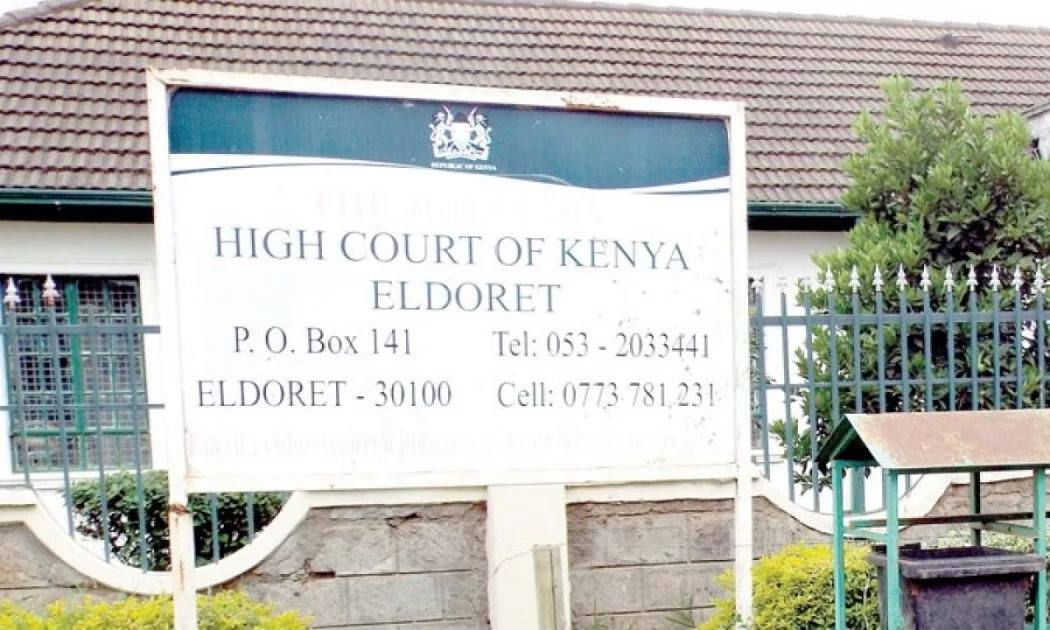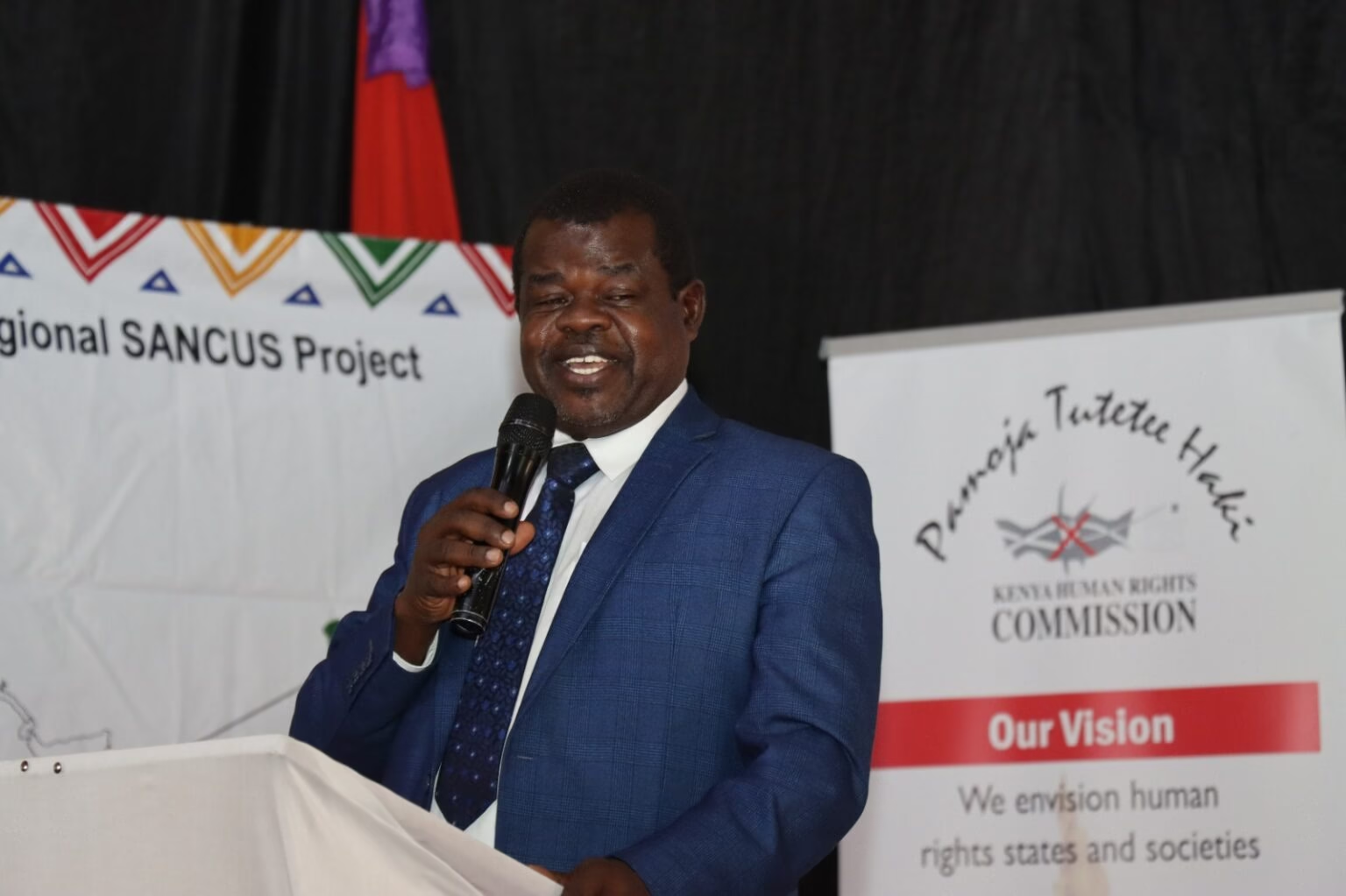On March 21, 2025, the Court of Appeal in Kenya dismissed a petition by National Assembly Speaker Moses Wetangula, affirming the High Court ruling that the Azimio la Umoja-One Kenya coalition holds the majority status in the National Assembly.
Background of the Dispute
The dispute began on October 6, 2022, when Speaker Moses Wetangula declared the Kenya Kwanza coalition, led by President William Ruto, as the majority coalition with 179 members, leaving the Azimio coalition, led by Raila Odinga, as the minority party with 157 members. However, activists challenged this decision in the High Court, arguing that Wetangula improperly assigned 14 members from other parties to Kenya Kwanza without valid coalition agreements.
On February 7, 2025, the High Court ruled in favor of Azimio, finding Wetangula’s decision unconstitutional. The Speaker appealed, claiming the judiciary overstepped its authority in interfering with parliamentary matters. However, the Court of Appeal rejected his appeal, confirming that Azimio held the parliamentary majority.
Legal Foundations of the Court of Appeal’s Ruling
The Court of Appeal’s ruling was based on key provisions of the Constitution of Kenya, 2010, and the Standing Orders of the National Assembly, ensuring constitutional compliance in parliamentary decisions.
1. The Role of the Speaker and Parliamentary Neutrality
- Article 97 of the Constitution of Kenya, 2010 outlines the composition of the National Assembly, specifying the roles of elected, nominated, and ex officio members, including the Speaker of the National Assembly.
- Article 107 of the Constitution of Kenya, 2010 defines the Speaker’s responsibilities, emphasizing that the Speaker must act impartially. The Court of Appeal ruled that Wetangula’s assignment of members to Kenya Kwanza violated this neutrality.
- Standing Order 19 of the National Assembly reinforces the principle that the Speaker should not be a partisan figure and must maintain neutrality in legislative matters.
The Court of Appeal concluded that Wetangula’s actions undermined the constitutional role of the Speaker, making his decision legally invalid.
2. Determining Majority Status in Parliament
- Article 108 of the Constitution of Kenya, 2010 defines the Leader of the Majority Party as the head of the largest party or coalition in the National Assembly. The court ruled that Wetangula’s declaration lacked evidence of formal coalition agreements, violating this article.
- Standing Order 20 of the National Assembly states that the majority party or coalition must be the one with the largest number of seats in Parliament. The Court of Appeal found that Wetangula’s assignment of 14 members to Kenya Kwanza was unconstitutional, as there was no documented coalition agreement.
By relying on official records from the Registrar of Political Parties, the Court of Appeal confirmed that Azimio had the most seats, reinforcing its status as the majority party.
Judicial Oversight and Parliamentary Autonomy
- Article 165 of the Constitution of Kenya, 2010 grants the High Court jurisdiction to interpret the Constitution and determine whether any action violates constitutional provisions.
- The Court of Appeal reaffirmed that the judiciary has the authority to review parliamentary decisions if they breach the Constitution. The claim that courts were interfering in parliamentary independence was dismissed, as the judiciary’s role is to uphold constitutional governance.
Conclusion
The Court of Appeal’s ruling solidifies Azimio’s majority status in the National Assembly and sets a legal precedent for parliamentary governance in Kenya. By applying Articles 97, 107, 108, and 165 of the Constitution, along with Standing Orders 19 and 20, the court reaffirmed the Speaker’s obligation to remain neutral and the legal framework governing political coalitions.
This ruling highlights the judiciary’s role in ensuring constitutional compliance, reinforcing political accountability and upholding democratic processes in Kenya’s governance system.
Join the Conversation!
What do you think about the Court of Appeal’s ruling on Azimio’s majority status? Do you believe this decision will shape future parliamentary disputes in Kenya’s political landscape? Share your thoughts in the comments below and stay updated on Kenya’s legal and political news by following our blog!
















Leave a Reply